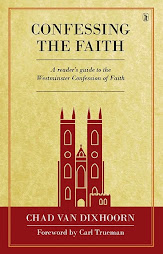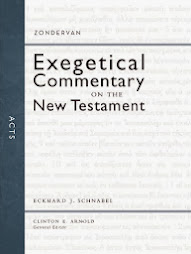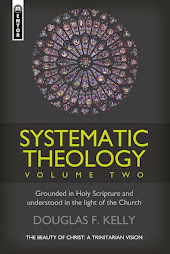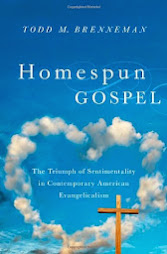
There has been much debate concerning the so-called insider movement which advocates removing references in the Bible to Jesus as the Son of God. The debate is important. Obviously, Muslims are offended by any language that would refer to Jesus as anything other than a great prophet. And, since Muslims are anti-Trinitarian, references to God's Son would be, to them, blasphemous. What motivates the Insider Movement is, of course, noble. But how far should we go when seeking to reach out?
The PCA has released a report from a study committee charged to consider the validity of removing Son of God references as a strategy for reaching Muslims. The report will be released in a series of installments. This first installment is entitled “
Like Father, Like Son: Divine Familial Language in Bible Translation.”
The report concludes:
Bible translations geared for Islamic contexts should not be driven by concerns that Muslims may recoil from biological terms applied to God or Jesus. That revulsion originates primarily out of religious conviction, not any communicative limitation of the terms themselves. The essentially biological terms (Hebrew, ben and ab; Greek, huios and pater) are divinely given and therefore should be translated into comparable biological terms. Footnotes, parentheticals and other paratextual comments may be used to explain the biblical and theological riches of Scripture, while never subverting the important truths embedded in the biological contours of Scripture’s words.
Not all translation workers share these methodological commitments. Therefore, churches should carefully assess the philosophies and practices of translation workers whom they support. Churches should direct resources toward faithful translation and, if loving attempts at correction fail, away from projects and persons advocating problematic approaches to translation. For the honor of the God who has revealed himself in his Word, churches and agencies involved in translation should collaborate to improve the spread of the Christian message worldwide, ensuring that Bibles oriented towards those in Muslim contexts retain the fullest range of theological meanings resident in the original languages.
The responsibility for faithful translation and worldwide gospel proclamation rests finally in the church of Jesus Christ.
Sacrificing the clearly inspired Son of God references to Jesus is giving up far too much. It begs the question, how do we win someone to Jesus, if the Jesus we win them too is not the Jesus revealed in God's Word? Further, if the idea that Jesus is God's Son offends Muslims (and it surely will) just wait until you tell them about the cross and Jesus' substitutionary death.
When you get a chance, check out
Colin Hansen's interview with John Piper on the insider movement.
HT:
Justin Taylor
 In his new and helpful little book (a pamphlet really), The Freedom Of Self-Forgetfulness, Tim Keller writes:
In his new and helpful little book (a pamphlet really), The Freedom Of Self-Forgetfulness, Tim Keller writes:

























 The church body says to the individual, “We recognize your profession of faith, baptism, and discipleship to Christ as valid. Therefore, we publicly affirm and acknowledge you before the nations as belonging to Christ, and we extend the oversight of our fellowship.” Principally, the individual says to the church body, “Insofar as I recognize you as a faithful, gospel-declaring church, I submit my presence and my discipleship to your love and oversight.”
The church body says to the individual, “We recognize your profession of faith, baptism, and discipleship to Christ as valid. Therefore, we publicly affirm and acknowledge you before the nations as belonging to Christ, and we extend the oversight of our fellowship.” Principally, the individual says to the church body, “Insofar as I recognize you as a faithful, gospel-declaring church, I submit my presence and my discipleship to your love and oversight.” 



























